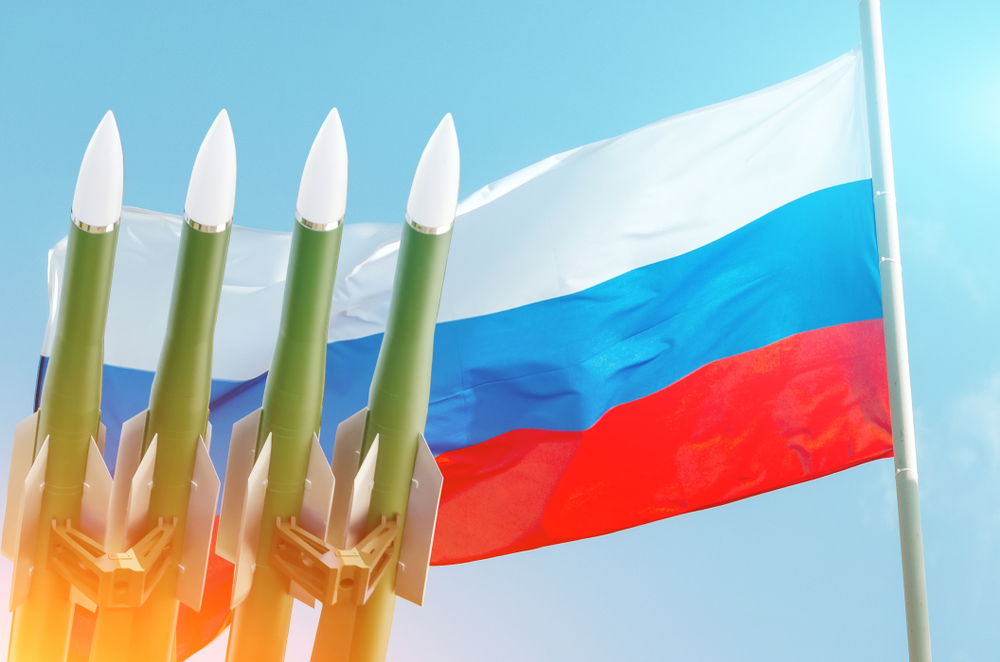
The United States is backing out of the Intermediate-Range Nuclear Forces Treaty (INF Treaty) with Russia citing Russia’s failure to comply with the treaty.
The INF Treaty was signed in 1987 in the waning days of the former Soviet Union by U.S. President Ronald Reagan and Soviet General Secretary Mikhail Gorbachev to ban ground-launched missiles with a range between 500 and 5,500 kilometers. The Trump Administration, citing Russia’s non-compliance with the agreement, announced this month that the United States would pull out of the agreement unless Russia comes into compliance within the next six months.
The North Atlantic Treaty Organization (NATO) declared in December 2018 that Russia has developed and fielded a missile system, the 9M729, which violates the INF Treaty and poses risks to Euro-Atlantic security. NATO supports the findings of the United States that Russia is in breach of its obligations under the INF Treaty and called on Russia to return to full compliance.
The United States and its allies have attempted to engage Russia on its violation, but Russian officials have not responded or taken steps to return to compliance.
“Unless Russia honors its INF Treaty obligations through the verifiable destruction of all of its 9M729 systems, thereby returning to full and verifiable compliance before the U.S. withdrawal takes effect in six months, Russia will bear sole responsibility for the end of the Treaty,” NATO officials said.
U.S. Sen. Dianne Feinstein (D-CA) criticized Trump’s decision to withdraw the United States from the treaty.
“President Trump’s decision to withdraw from the INF treaty risks a nuclear arms race that we’ll rue for generations to come,” she said. “It’s a shortsighted, counterproductive decision and a giant step away from the goal of eliminating nuclear weapons.”
Feinstein said the INF treaty resulted in the destruction of more than 2,500 missiles and has played a key role in maintaining peace and stability in Europe.
“The treaty made the world safer. Abandoning it now jeopardizes the national security of the United States and our allies,” she said. “Withdrawing from the treaty allows President Putin to blame the United States for the treaty’s termination, giving him a free pass to continue deploying these nuclear weapons along Europe’s borders and further divide the United States from our NATO allies.
Feinstein said the United States needs to address Russia’s violations, but it should be done by taking coordinated diplomatic action with NATO allies and deploying additional non-nuclear forces to Europe.
“By withdrawing, the United States is saying in essence that Russia is free to deploy these weapons,” Feinstein added. “We should continue bilateral consultations that only recently started and take up Russia’s offer for direct inspections of their offending weapons. Doing so would show our allies that the INF treaty remains a cornerstone of our collective security and help maintain a unified front to counter Russia’s increasingly hostile actions in the region.”




